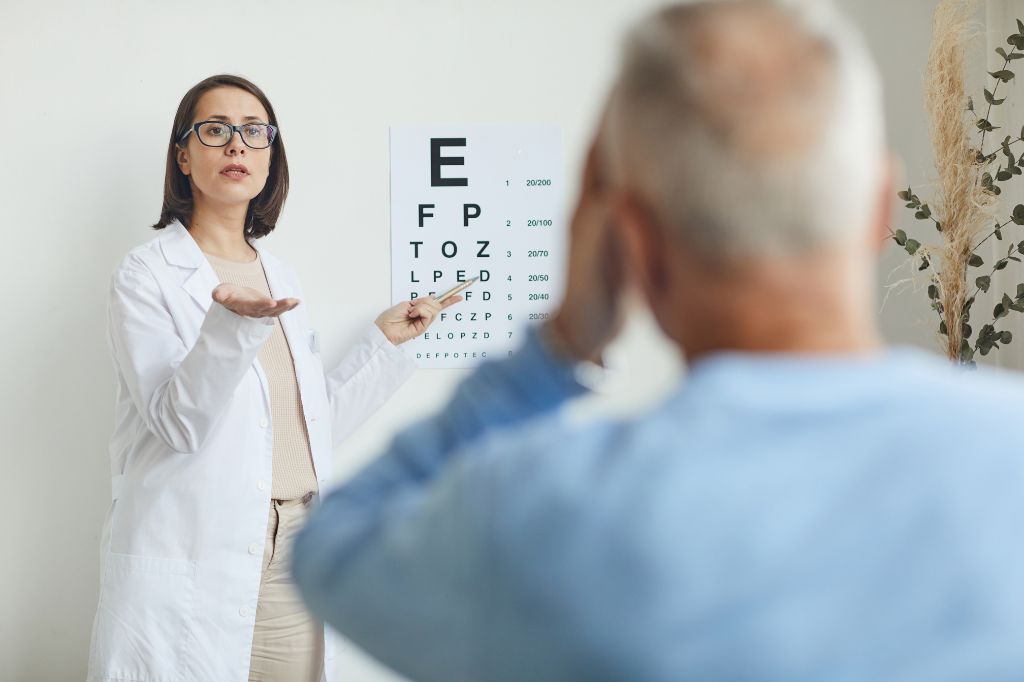Vision care is a crucial aspect of your overall health, but does Medicare cover vision services such as glaucoma tests or cataract surgery? This article delves into the ins and outs of Medicare cover for eye exams, Medicare cover vision, and vision coverage. We'll explore how to get the most out of your plan and ensure you have all the details you need about cover eye and cover eye exams.
Does Medicare Cover Vision Services?
When it comes to Medicare cover, many people wonder if vision care, including age-related macular degeneration monitoring, is included. Unfortunately, Original Medicare doesn't typically cover routine vision services such as routine eye exams, eyeglasses, or contact lenses. However, there could be certain situations where Medicare cover eye exams if they are related to specific conditions.
For those interested in regular vision care, a Medicare advantage plan might be an option, offering more comprehensive vision coverage. It’s worth exploring these plans to see if they include the vision benefits you need.
What Vision Services Are Covered by Medicare Advantage Plans?
Medicare advantage plans often provide more extensive vision coverage than Original Medicare. These plans might cover routine vision care, including eye exams, contact lenses, eyeglasses, and some medically necessary treatments. Additionally, they may include other vision-related benefits that Original Medicare does not.
When selecting a Medicare advantage plan, be sure to review the specific vision services covered to ensure it meets your needs. Services like routine eye exams, eyeglasses, or contact lenses can be essential for maintaining good eye health, as well as crucial screenings for eye diseases.
How Does Medicare Part B Fit Into Vision Coverage?
While Original Medicare and Medicare Part B might not cover routine vision services, there are certain instances where coverage is provided. For example, Medicare Part B covers eye exams for conditions like glaucoma and diabetes. Routine coverage is limited but crucial for monitoring and managing specific eye conditions, such as glaucoma or age-related macular degeneration.
Understanding your Part B deductible is essential as it can affect the out-of-pocket expenses for services, such as cataract surgery or glaucoma tests. Consider how your Medicare supplement plan or additional coverage might interact with your overall vision care plan, especially for medically necessary procedures like cataract surgery.
How to Obtain Vision Care Beyond Original Medicare?
For those seeking coverage beyond original Medicare, additional options like Medicare advantage plans or private vision insurance might be necessary. These plans often provide extra benefits not covered by Original Medicare, such as routine eye exams and copayments for eyeglasses. Look into plans available in your area to find the best fit for your vision care needs, including services for age-related eye diseases.
Companies like Green Insurance Agency offer assistance with understanding and selecting vision care options, including coverage for medically necessary procedures like cataract surgery. They can guide you through Medicare’s offerings and help customize your plan to include the necessary vision services.
Making the Most of Your Medicare Vision Benefits
To maximize your vision benefits under Medicare, it’s essential first to understand what your current plan includes, particularly for medically necessary treatments. If your Medicare Advantage plan covers routine vision care, take advantage of those benefits. Regular eye exams, especially for those with conditions like macular degeneration or cataracts, are critical.
Stay informed about any changes to Medicare that might affect your routine vision care, screenings for eye diseases, and consult with professionals, like those at Green Insurance Agency, to ensure your needs are consistently met.

